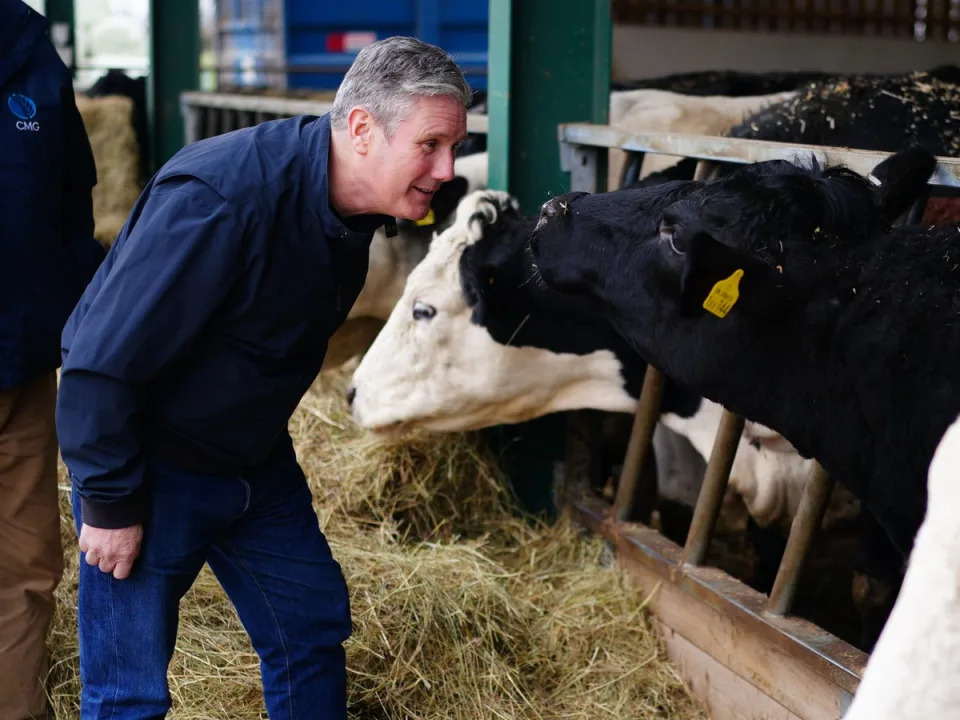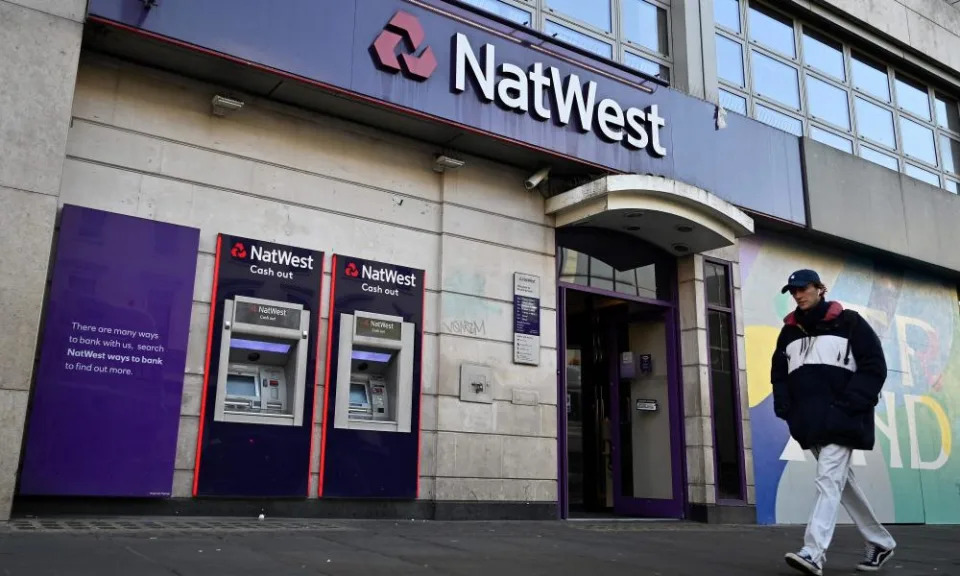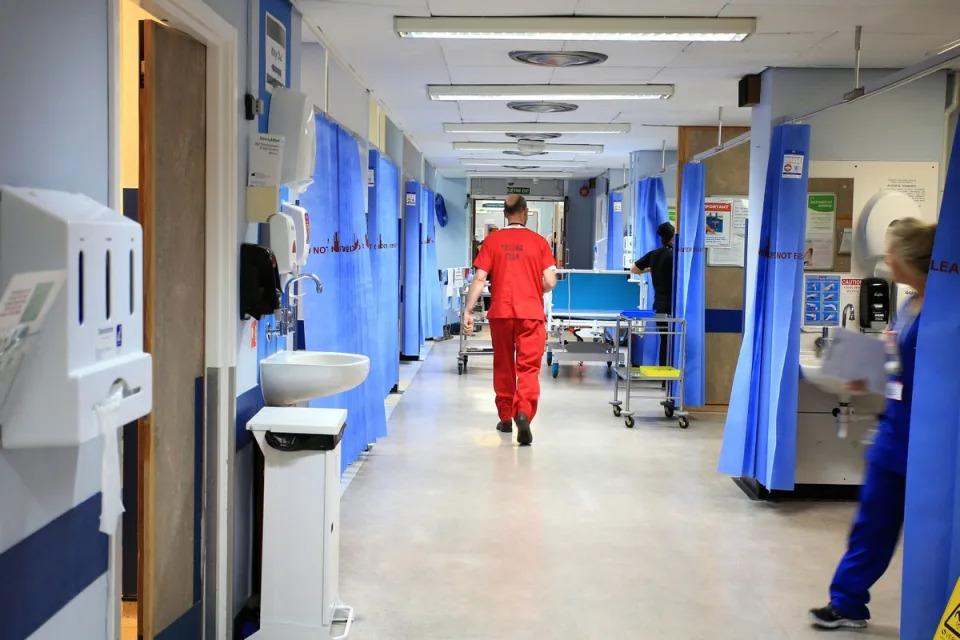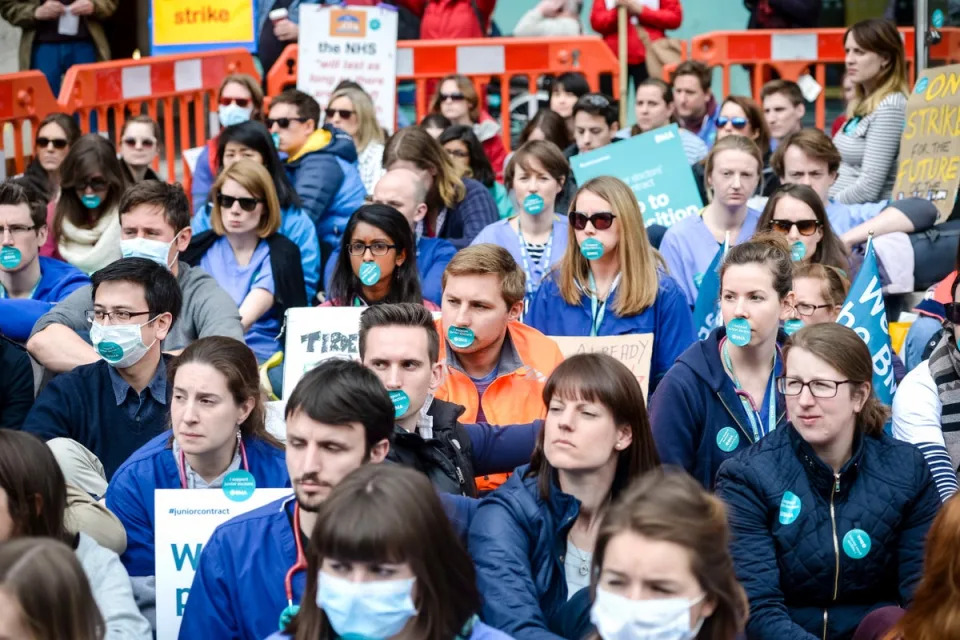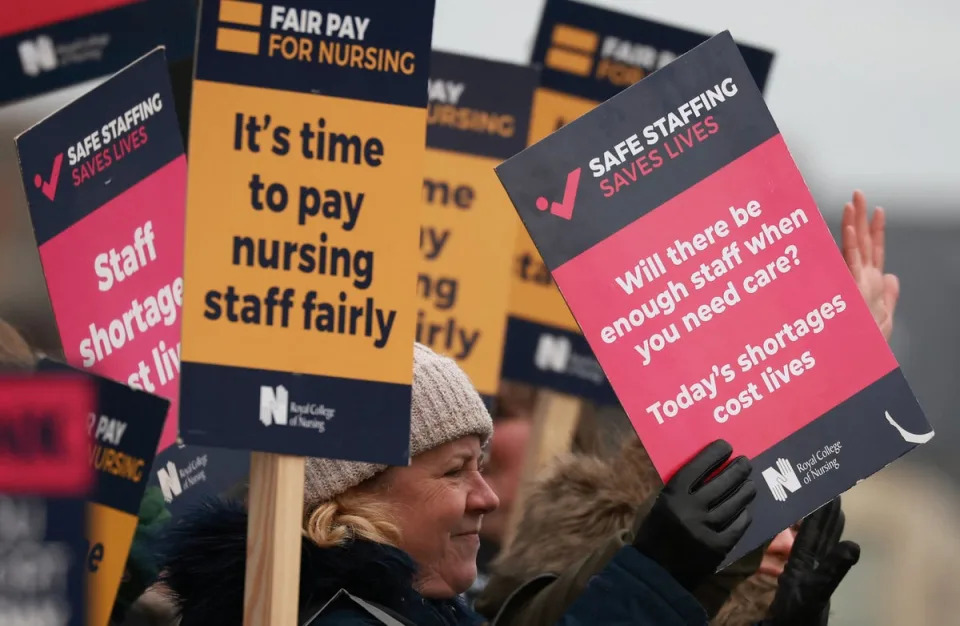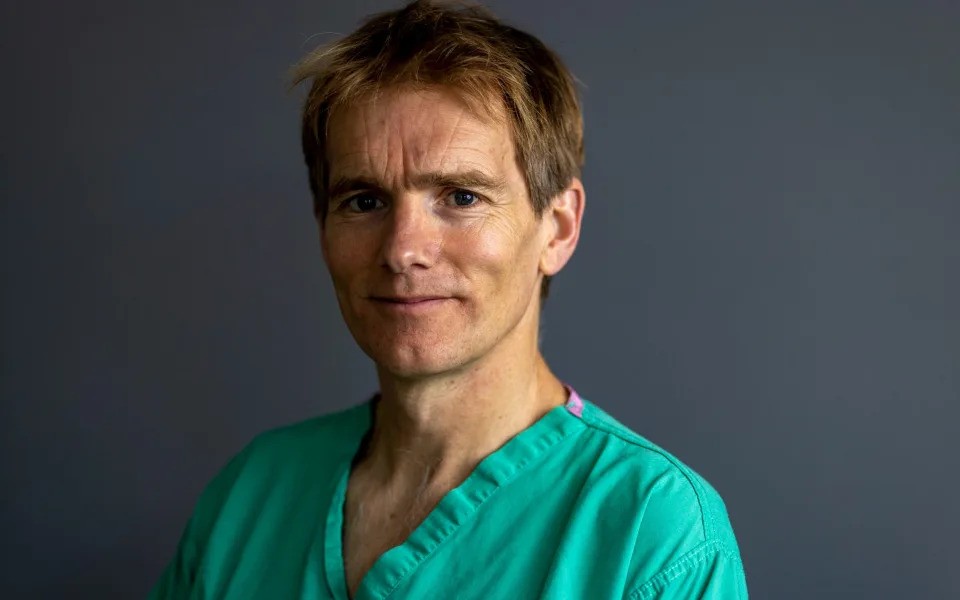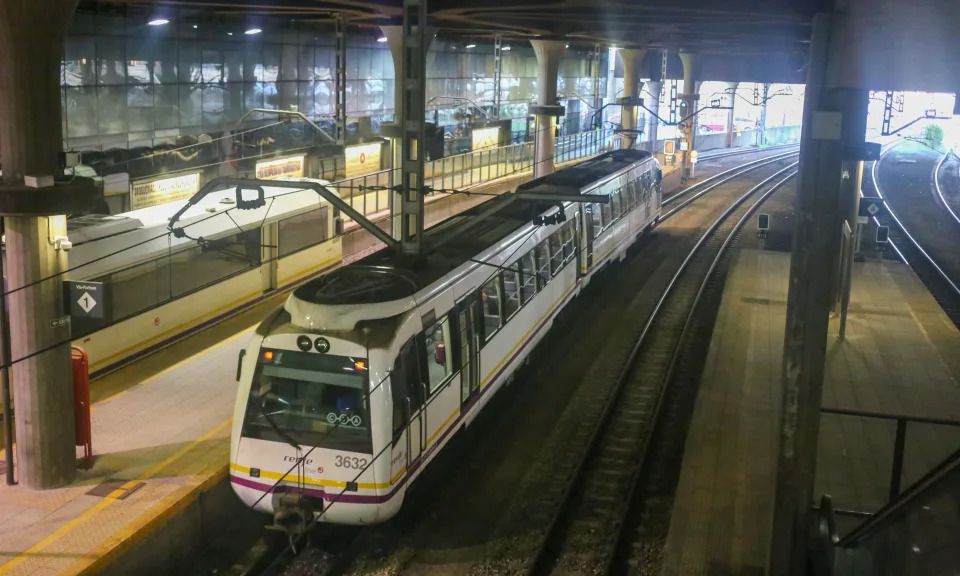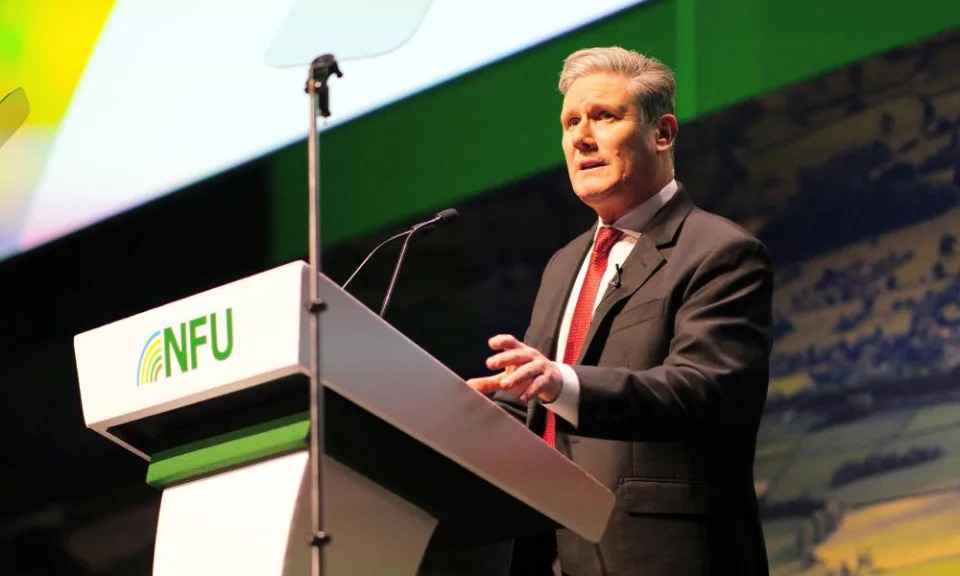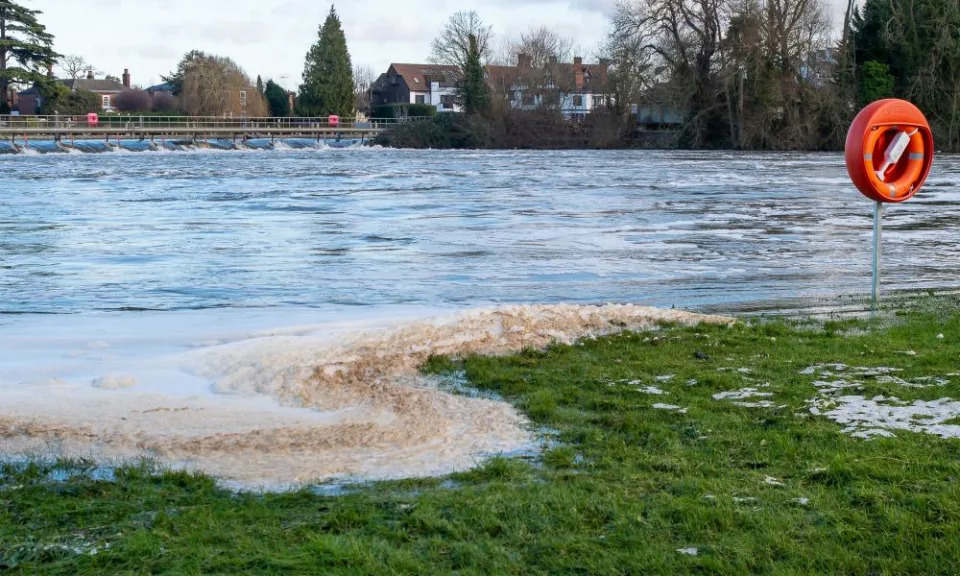Michael Howie
Tue, 21 February 2023
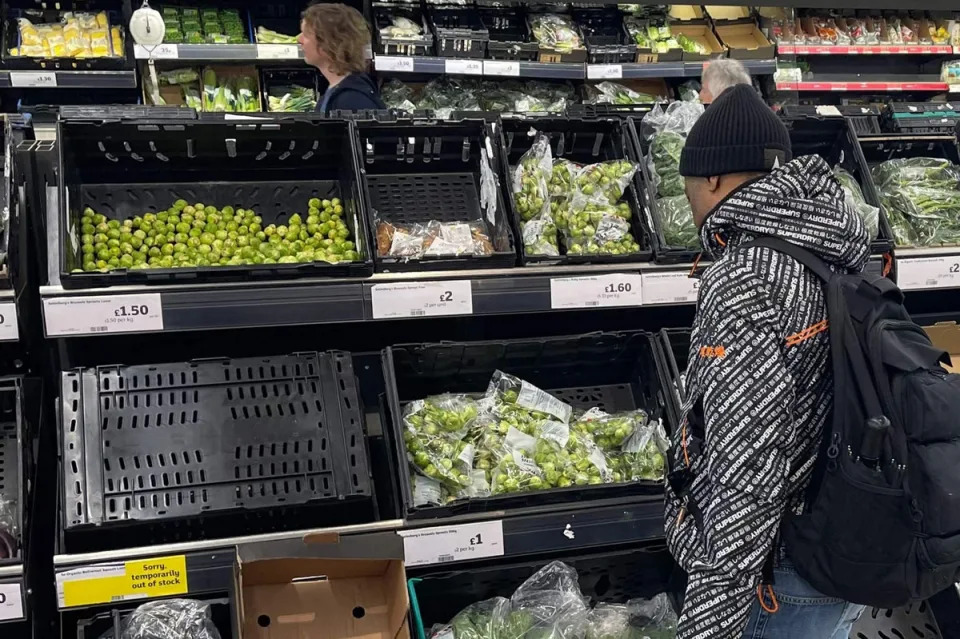
A customer shops for vegetables in the fruit and vegetable section of a Sainsbury’s supermarket in east London on Monday (AFP via Getty Images)
A shortage of tomatoes affecting UK supermarkets is widening to other fruit and vegetables and is likely to last weeks, retailers have warned.
A combination of bad weather and transport problems in Africa and Europe has seen UK supermarket shelves left bare of tomatoes, as well as dwindling stocks of some other fresh produce.
Asda has introduced a customer limit of three on tomatoes, peppers, cucumbers, lettuce, salad bags, broccoli, cauliflower and raspberries, and Morrisons said it would be introducing limits of two items per customer across tomatoes, cucumbers, lettuce, peppers from Wednesday.
Other supermarkets are understood to be considering similar temporary measures.
It is understood that retailers believe the problems stem from poor yields on the continent and north Africa, and that supplies will improve in the coming days or weeks.
Supermarkets are adept at managing supply chain issues and are working with farmers to ensure that customers are able to access a wide range of fresh produceAndrew Opie, of the British Retail Consortium
An Asda spokesman said: “Like other supermarkets, we are experiencing sourcing challenges on some products that are grown in southern Spain and north Africa.
“We have introduced a temporary limit of three of each product on a very small number of fruit and vegetable lines, so customers can pick up the products they are looking for.”
Andrew Opie, director of food and sustainability at the British Retail Consortium, which represents UK supermarkets, said: “Difficult weather conditions in the south of Europe and northern Africa have disrupted harvest for some fruit and vegetables including tomatoes and peppers.
“While disruption is expected to last a few weeks, supermarkets are adept at managing supply chain issues and are working with farmers to ensure that customers are able to access a wide range of fresh produce.”
Shoppers across the country have been sharing their frustration on social media after being unable to find certain products at their local stores.
Growers and suppliers in Morocco have had to contend with cold temperatures, heavy rain, flooding and cancelled ferries over the past three to four weeks – all of which have affected the volume of fruit reaching Britain.
Supplies from Britain’s other major winter source, Spain, have also been badly affected by weather.
Production problems in Morocco began in January with unusually cold night-time temperatures that affected tomato ripening.
These were compounded by ferry cancellations due to bad weather, hitting lorry deliveries.
Producers have also reported having to cut back on their use of greenhouses due to higher electricity prices.
However, UK producers are beginning to move into their growing season, which is expected to ease the longer term situation as retailers also look to alternatives to produce from Spain and northern Africa.
